A high-stakes federal lawsuit that could affect Tesla Inc.’s future in autonomous driving is set to go to trial this week.
The 2019 fatal crash involving Tesla’s Autopilot system is the focus of the trial, which is scheduled to start Monday in Miami. Elon Musk, the company’s CEO, is proceeding with plans to introduce Tesla’s next-generation robotaxi service.
The family of 20-year-old Naibel Benavides Leon filed the lawsuit after he was killed in Key Largo, Florida, when a Tesla Model S collided with a parked SUV. Dillon Angulo, her boyfriend, suffered severe injuries in the collision as well. They claim that George McGee, the driver, was not warned by Tesla’s Autopilot system that the road was coming to an end. McGee has already reached a settlement with the plaintiffs in a different lawsuit after acknowledging that he had looked down to pick up a dropped phone at the moment of the collision.
At the heart of the case is whether Tesla’s driver-assistance software malfunctioned or if human error was solely responsible. Tesla maintains that the crash was caused by a distracted driver overriding the system, stating:
“This crash had nothing to do with Tesla’s Autopilot technology… It was caused by a distracted driver who took his eyes off the road and his hands off the wheel.”
According to the plaintiffs, Tesla’s system should have recognized the parked SUV and engaged emergency braking. Furthermore, they argue that by making Autopilot seem more autonomous than it is, the company’s marketing encourages drivers to rely too much on it.
This case is significant because it is the first federal jury trial involving a bystander death that was allegedly caused by Autopilot. It comes at a time when Tesla’s automated driving systems are under increased scrutiny and could set a precedent in court. In a rare decision, Judge Beth Bloom permitted the jury to consider punitive damages, which could subject Tesla to significant financial liability should the jury conclude that the company engaged in reckless behavior.
For years, Tesla’s Autopilot has been the center of attention. In 2023, the National Highway Traffic Safety Administration (NHTSA) criticized the company for not making sure drivers stayed focused and issued a recall. Tesla responded with software updates that raised driver alerts while disputing the agency’s findings.
In prior Autopilot-related trials, Tesla has successfully defended itself, and juries in two California cases have sided with the company. However, the Miami case is noteworthy because it features expert testimony pointing to systemic flaws and involves victims who were not in the car. Among those expected to testify is Mary “Missy” Cummings, a former NHTSA safety advisor and prominent critic of Tesla’s self-driving claims.
The result could have an impact on Tesla, which is also developing its robotaxi program and recently began testing it with paying passengers in Austin.
“If a jury finds Tesla liable here, it could embolden other lawsuits and raise the stakes for how these systems are marketed and managed,” said Ed Walters, a professor at Georgetown University who specializes in autonomous vehicle law.
The trial is expected to last three weeks.
With input from the Washington Post, the New York Times, and Bloomberg.
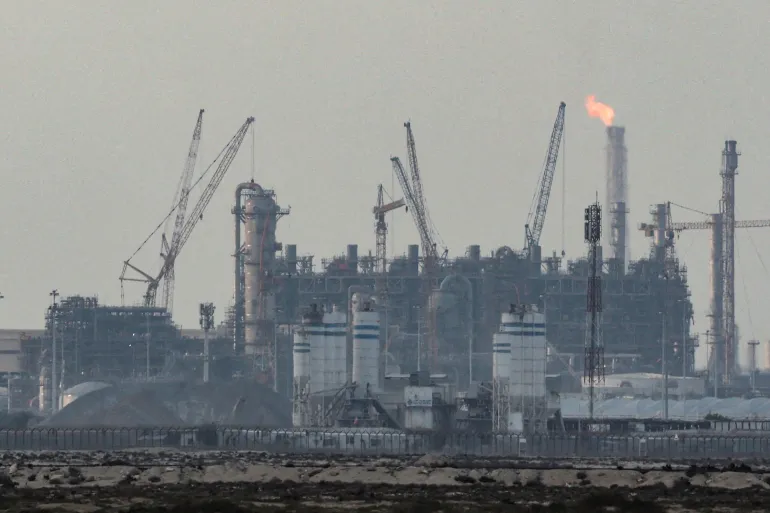
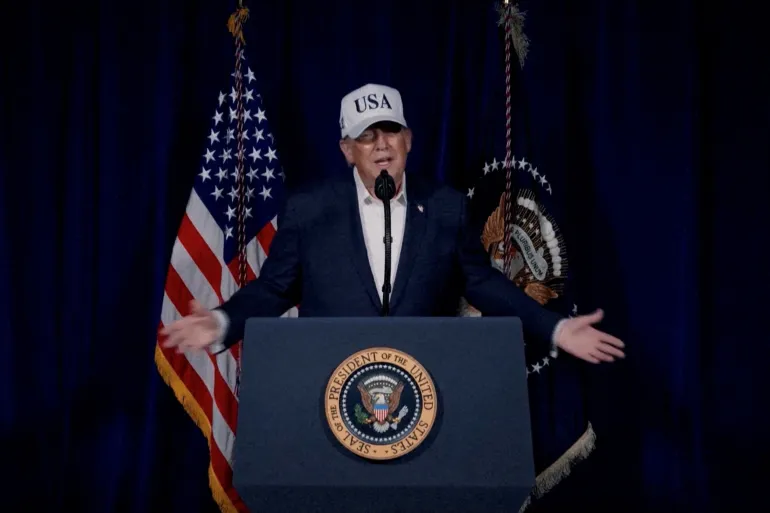
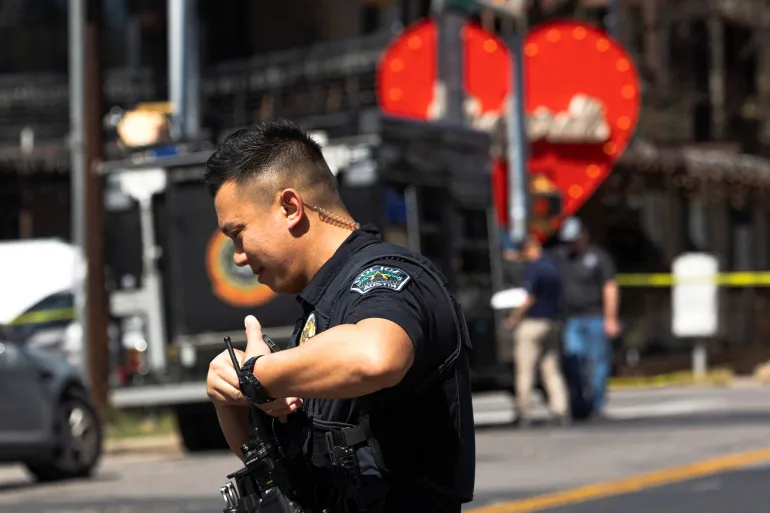

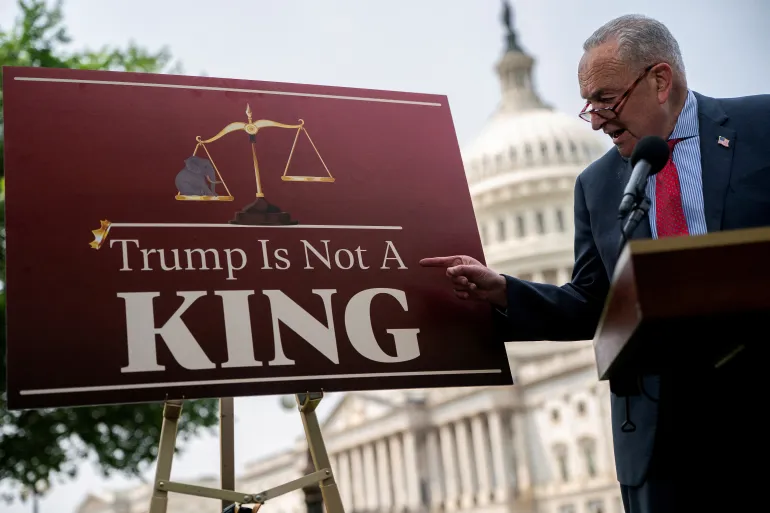
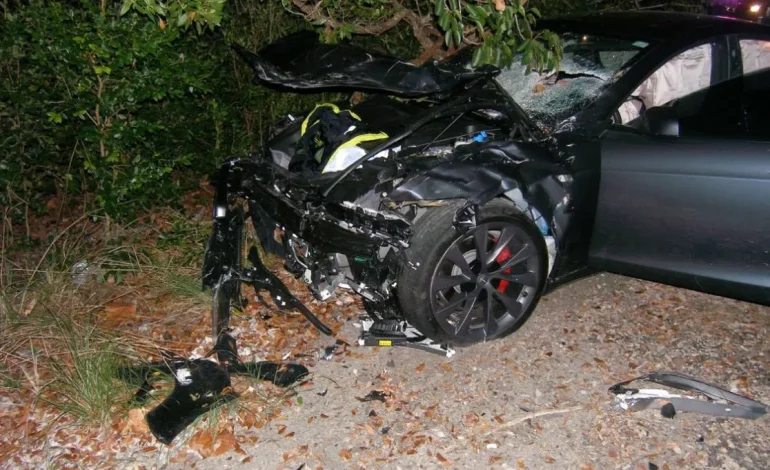




The latest news in your social feeds
Subscribe to our social media platforms to stay tuned